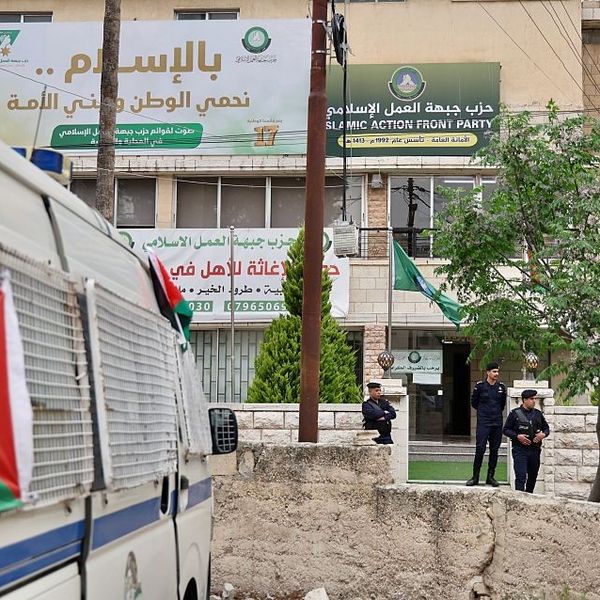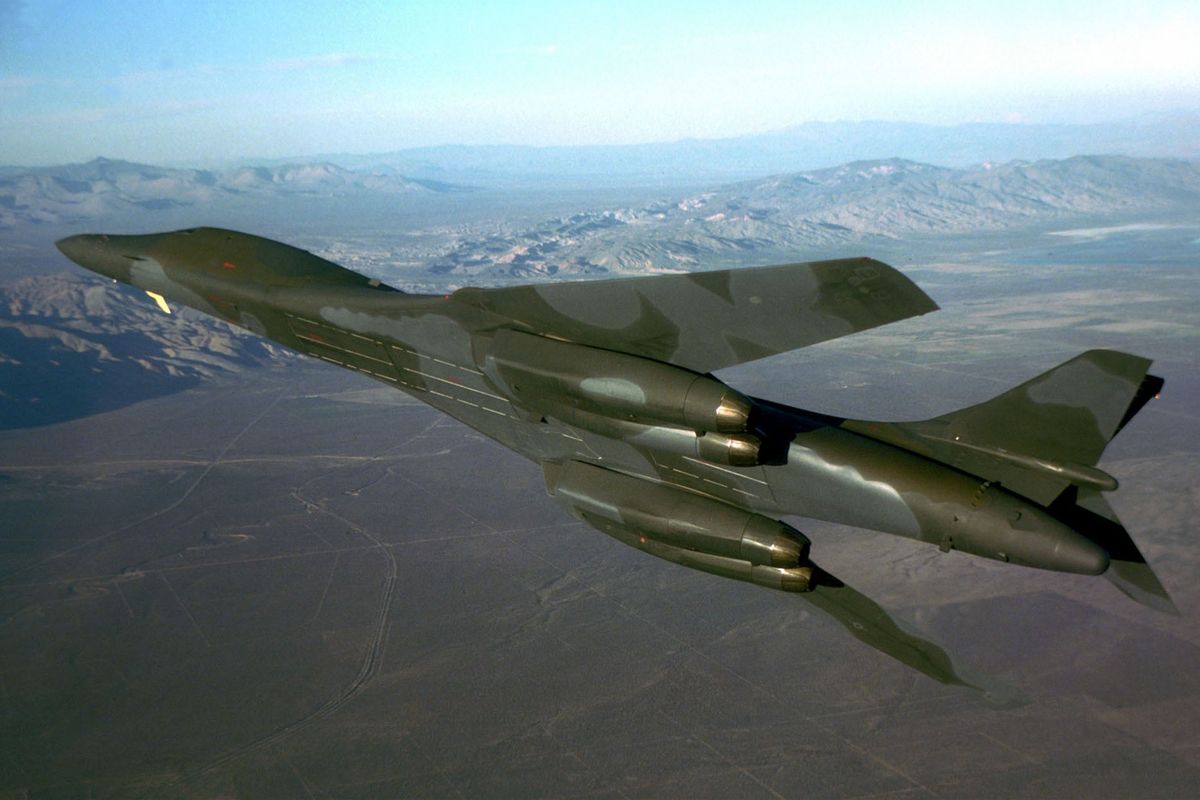On January 28, President Donald Trump signed an order for the U.S. military to review the campaign against ISIS and develop a decisive plan to defeat it within 30 days. Given the threats that ISIS poses to our homeland, our allies, and partners, we argue this is the right approach.
However, destruction of the ISIS “state” in Iraq and Syria within the context of the Syrian civil war, Iran’s quest for regional hegemony, and Russia’s resurgence on the international stage, will be as dramatic an event in the Middle East as any seen since the 2007 Iraq Surge. Decisions made now by Washington will shape the region for decades.
Once Mosul in northern Iraq is liberated from ISIS in the coming months, victory against ISIS as a “state” with an organized military force can be achieved this year with the fall of its final citadel in Raqqa, Syria. There is no guarantee, though, that the Middle East thereafter will be more secure.
The United States thus should choose its ISIS strategy from both a military and political standpoint to advance a “day-after” scenario that keeps the U.S. in the region, maintains new (Syrian Kurdish) and old (Turkish and Iraqi) relationships with the U.S., contains Iran, and manages a Russian presence.
The Obama Administration’s strategy for defeating ISIS in Raqqa hinged on the Syrian Democratic Force (SDF), composed of a Syrian-Kurdish militia known as the People’s Protection Units (YPG) and a small but growing Sunni Arab contingent comprised of over 25,000 Kurdish and Arab irregulars. The U.S. military's response to President Trump could well be to continue that policy of supporting the SDF but with heavier weapons, armored vehicles, and more U.S. military “enablers” to move rapidly on Raqqa.
This may be the best military plan, but its political flaws must be noted. The Arab contingent in the SDF is weak and the Kurds who dominate it have limited popular support in Arab areas such as Raqqa. Moreover, for some there, the jihadist ISIS also represents an “Arab nationalist” movement against Kurds. We also don’t know what the YPG's long-term objectives are vis-a-vis the Syrian government, Turkey, Iran, or Russia.
The biggest problem with this strategy, though, is Turkey. Ankara correctly sees the YPG as an offshoot of the Turkish Kurdish nationalist movement Kurdistan Workers Party (PKK), with whom Turkey has waged an internal conflict for decades, particularly intense since 2015. Ankara believes the PKK and the YPG seek domination of Turkey’s entire southern border with Syria and could react harshly if the U.S. deepens its cooperation with the YPG.
The Turks, as in the past, could complicate U.S. use of Incirlik Air Base in southern Turkey and other military assets, and Washington would be hard pressed to support regional operations without these. Turkey, rather, has proposed that its own forces in northern Syria with its allied Free Syrian Army (FSA), comprised of local Syrian-Arab forces, take the offensive against Raqqa. But the Turkish-FSA forces have just finished a grueling battle with ISIS in northern Syria around the city of al-Bab and it is doubtful they could seize Raqqa on their own.
The temptation is thus strong, as with the last administration, to ignore Turkey and go with the YPG. However, aside from the inherent weaknesses of supporting the SDF and YPG already cited, a major falling out with Turkey would be unwise. A Turkey angry at the U.S. for ignoring its existential security concerns regarding the PKK and the YPG, and reexamining its entire Western orientation, could make common cause with Russia and Iran, undercutting the Trump Administration’s other regional initiative: curbing Iran’s expansionist policies in Arab states.
There may be a compromise strategy, given Turkish President Recep Tayyip Erdogan’s situation and history with the PKK. He is now pushing for amendments to the Turkish constitution under which he would greatly increase his powers as president at the expense of parliament. To this end, he needs to, and likely will, win a referendum on April 17. To ensure this win, Erdogan is fanning anti-Kurdish nationalism and therefore has no room on any Kurdish issue before the referendum. After the vote, Erdogan could be more accommodating toward the PKK and YPG, as he eventually will need the Syrian Kurds as a cordon sanitaire against instability from Syria, much like his Iraqi Kurdish allies shield him from Iraqi turbulence.
Furthermore, given Erdogan's record of abusing foes, then making peace with them, once he secures an executive-style presidency, he could allow PKK leader Abdullah Ocalan, long in a Turkish jail and incommunicado since 2015, to speak freely again. Erdogan needs support from Kurdish nationalists to win the referendum, but not thereafter; he previously has reached deals with the PKK and Ocalan and could do so again. As the cultish, much-respected leader of the Kurdish nationalist movement in Turkey and Syria, he has immense pull over the PKK and the YPG, and an incentive to bring the two groups to the negotiating table with Erdogan, as he has done before; and this time in exchange for his get-out-of jail card.
By waiting until after the Turkish referendum, the U.S. has a much better chance to proceed against Raqqa with the YPG, and with Turkey and the FSA supporting militarily, rather than Turkey sidelined against Raqqa and unsupportive of broader U.S. regional policy.
Such a political-military coalition also could stymie the bad idea of subcontracting much of the ISIS fight to the Russians, Iranians and Syrian President Bashar al-Assad. Furthermore, it could encourage reconciliation between the PKK, YPG, and Turkey, and give the U.S. stronger allies for the day-0after challenges: maintaining the Astana cease-fire for Syria, reining in Iranian adventurism in Syria, Iraq, and elsewhere, and managing the re-entry of Russia into the region.
















